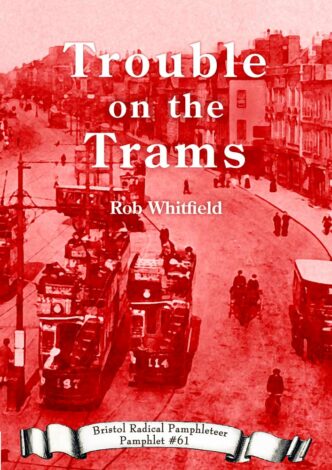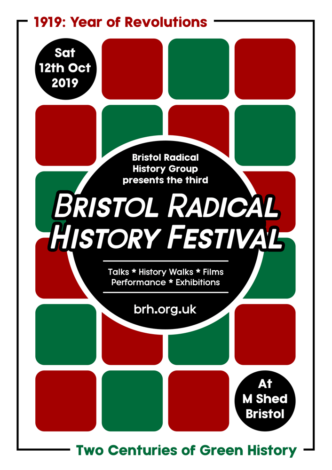The three-year strike which followed the July 1984 refusal of eleven workers at Dunnes' Stores Henry Street branch in Dublin to handle South African goods is perhaps the most celebrated episode of anti-apartheid activism outside Southern Africa, yielding memoirs, academic scholarship, radio and television documentaries and even a play. While still recounting the essential narrative of the strike for those unfamiliar with it, Padraig Durnin's talk will explore what made it exceptional in […]
70 mins – 2020 (Dir. Christopher Reeves) Introduced and Q&A with Ann Field (SOGAT official during the strike). A film about the momentous year-long industrial dispute which began in 1986 when Rupert Murdoch plotted to move production of his papers overnight from central London’s Fleet Street to a secretly equipped and heavily guarded plant at Wapping, a docklands district in east London. 5,500 men and women lost their jobs and centuries of tradition in one of London’s last manufacturing […]
During the strike, in response to the horrific images of miners and their supporters being battered by the police, donations of cash were received from around the world, More money was raised in Ireland per head of population than anywhere else, Britain included, with many support groups being set up to 'adopt' individual mining communities. The story is told of one elderly woman in Dublin putting a £10 note, a large proportion of her pension, into a collection tin. She said it was to repay the […]
The fight for union rights. In the early twentieth century, workers could be sacked by their employer with impunity simply because they had joined a trade union. Such was the situation for those who worked on Bristol’s trams. In Trouble on the Trams, Rob Whitfield recounts how the drivers and conductors fought back when nearly one hundred of their number were dismissed in 1901. Using contemporary newspaper reports and the company’s own records, he details this dispute and those that were to […]
 Not A BRHG Event
Not A BRHG Event
The 1949 Docks Strike involving Bristol dockers was notable as an international solidarity action in support of strike action by the Canadian Seamen’s Union. Canadian employers had used ‘scab crews’ to load ships. One of these, the SS Gulfside, had remained strike bound in Avonmouth from 1st April. A second ship, the SS Montreal City arrived with a cargo of tomatoes and bananas. As tugmen and dockers refused to work the so called ‘blacked’ ships, the Labour Government brought in troops to unload […]
This talk will explore the various tensions that existed within the Cabinet’s Industrial Unrest Committee, and its various sub-committees, as government officials sought to confront the different challenges thrown up by the national Railway strike of late September 1919. Reading the files and documents from the National Archives reveals the extent to which Government departments and quasi governmental agencies struggled to contain the strike within its original industrial bounds. In an age when […]



